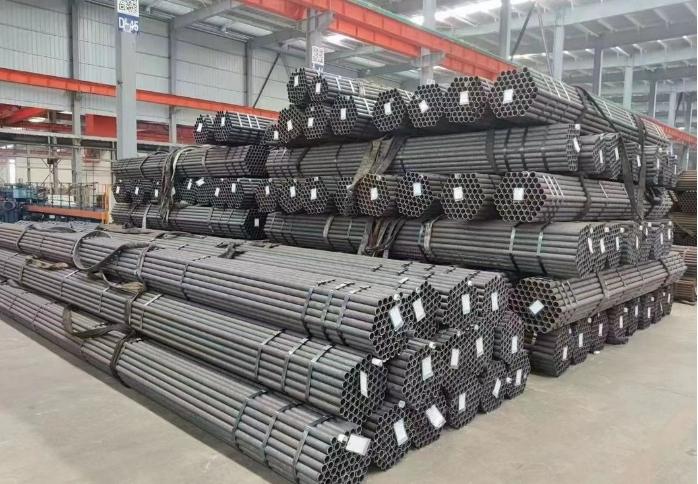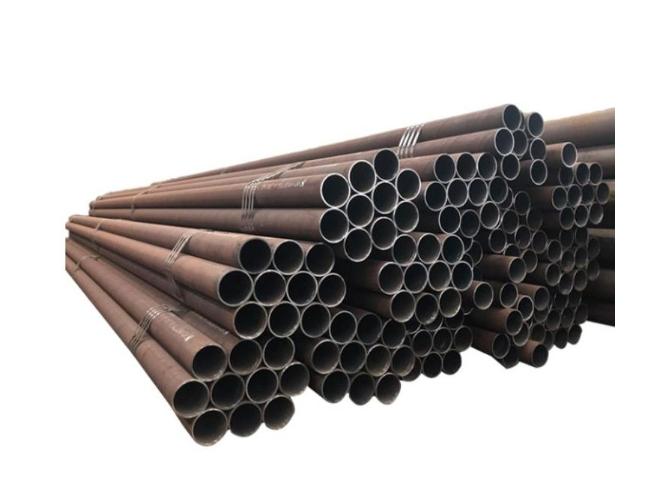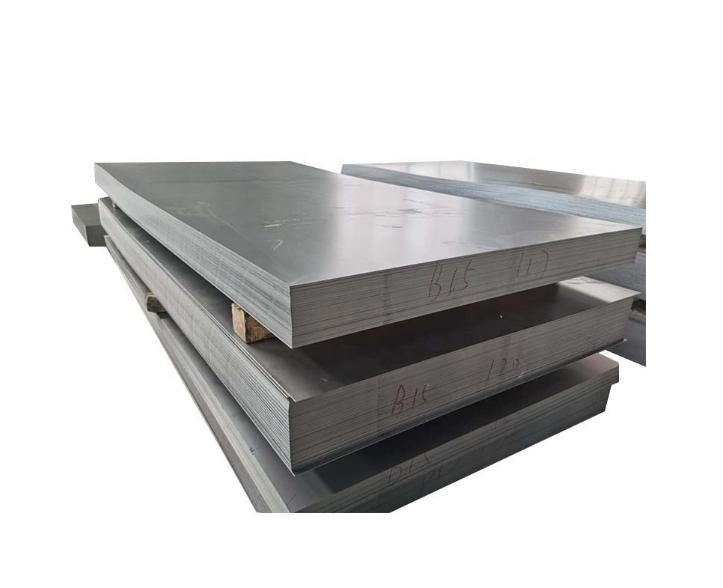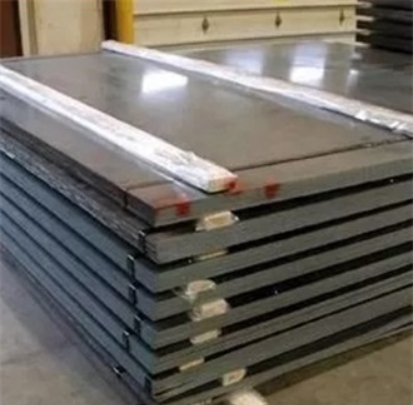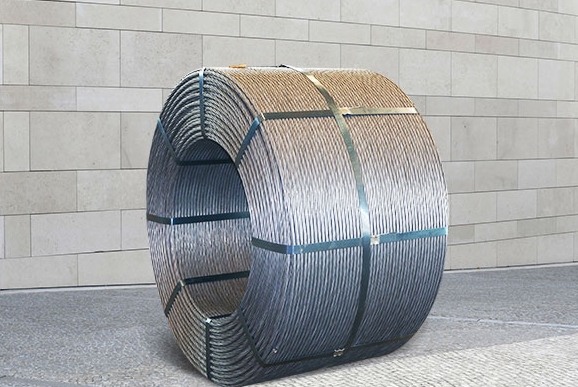Why Carbon Steel Pipe Exporters Impact Global Projects
Choosing unreliable carbon steel pipe exporters can sink your project. Last year, I learned this firsthand when a Vietnamese exporter shipped API 5L Grade B pipes with mismatched MTRs, delaying a refinery launch by 17 days. Trusted exporters ensure certified materials, airtight logistics, and compliance with regional standards like ASTM A106 or EN 10219.
Key Stat: Global carbon steel pipe exports hit $43.2 billion in 2023, with Asia-Pacific holding 61% market share (ITC Trade Map, 2024).
Domestic vs. Overseas Exporters: 6 Critical Differences
| Factor | Domestic Exporters | Overseas Exporters |
|---|---|---|
| Lead Time | 2–4 weeks | 8–20 weeks |
| Minimum Order | 10–20 tons | 50–500 tons |
| Compliance | Full ASTM/ASME documentation | Often only ISO 9001 |
| Hidden Costs | 0–7% | 12–35% tariffs + demurrage |
⚠ Warning: Avoid exporters skipping third-party inspections—38% of customs rejections stem from non-compliant pipes (World Customs Organization).
5-Step Framework to Vet Carbon Steel Pipe Exporters
- Demand Certifications: Verify API 5L/5CT, ISO 9001:2015, and PED 2014/68/EU compliance.
- Audit Production Facilities: Use satellite imagery tools like Panjiva to confirm factory existence.
- Test Crisis Response: Simulate a shipment delay—reject exporters without contingency plans.
- Verify Logistics Partners: Ensure they work with Maersk/DHL for tracked sea/air freight.
- Negotiate Incoterms: FOB isn’t king—opt for CIP to shift risk until project site delivery.
Pro Tip: I once saved $84K by catching an Indian exporter’s fake BIS certification through video furnace inspections.
Top 3 Export Partnership Mistakes (And How to Fix Them)
Mistake 1: Prioritizing FOB prices over total landed costs.
Fix: Calculate cost per ton-mile—cheap SEA exporters often equal expensive delays.
Mistake 2: Ignoring regional corrosion standards.
Solution: Middle East projects need NACE MR0175-certified pipes for sour service.
Mistake 3: Assuming “exporter” equals “manufacturer”.
Avoid: 73% of trading companies markup prices by 15–30% (Global Trade Review).
Case Study: How Proper Vetting Avoided a $3M Disaster
When a Canadian energy firm needed 8km of ASTM A333 Grade 6 pipes for Arctic LNG, they:
- Shortlisted 7 pre-vetted carbon steel pipe exporters
- Conducted virtual reality mill tours
- Tested 5% random samples via SGS
Result: Zero material rejects despite -50°C operating conditions.
Emerging Trends in Carbon Steel Pipe Exports
- Blockchain MTRs: POSCO’s digital certificates cut customs clearance by 9 days.
- Green Steel Alloys: SSAB’s HYBRIT tech reduces pipe production emissions by 92%.
- AI Logistics: Flexport’s algorithms slash demurrage fees by 67% via smart routing.
Hot Take: Exporters without ESG compliance will lose 40% of EU/US buyers by 2027.
Checklist: Pre-Contract Verification for Exporters
Before finalizing deals:
✅ Confirm valid export licenses for target countries
✅ Validate mill test reports (MTRs) with heat numbers and EN 10204 3.1 certs
✅ Test pipe ends for proper bevel angles (30°±5° for welding compatibility)
✅ Ensure packaging meets IMDG Code standards for sea transport
✅ Verify cargo insurance covers marine perils like general average
Final Take: Carbon steel pipe exporters aren’t just vendors—they’re your frontline against supply chain chaos. While pricing matters, prioritize partners with certified mills, crisis agility, and tech-driven transparency. Remember: An exporter that admits their lead time limits beats one making empty promises. Now go conquer global procurement!


